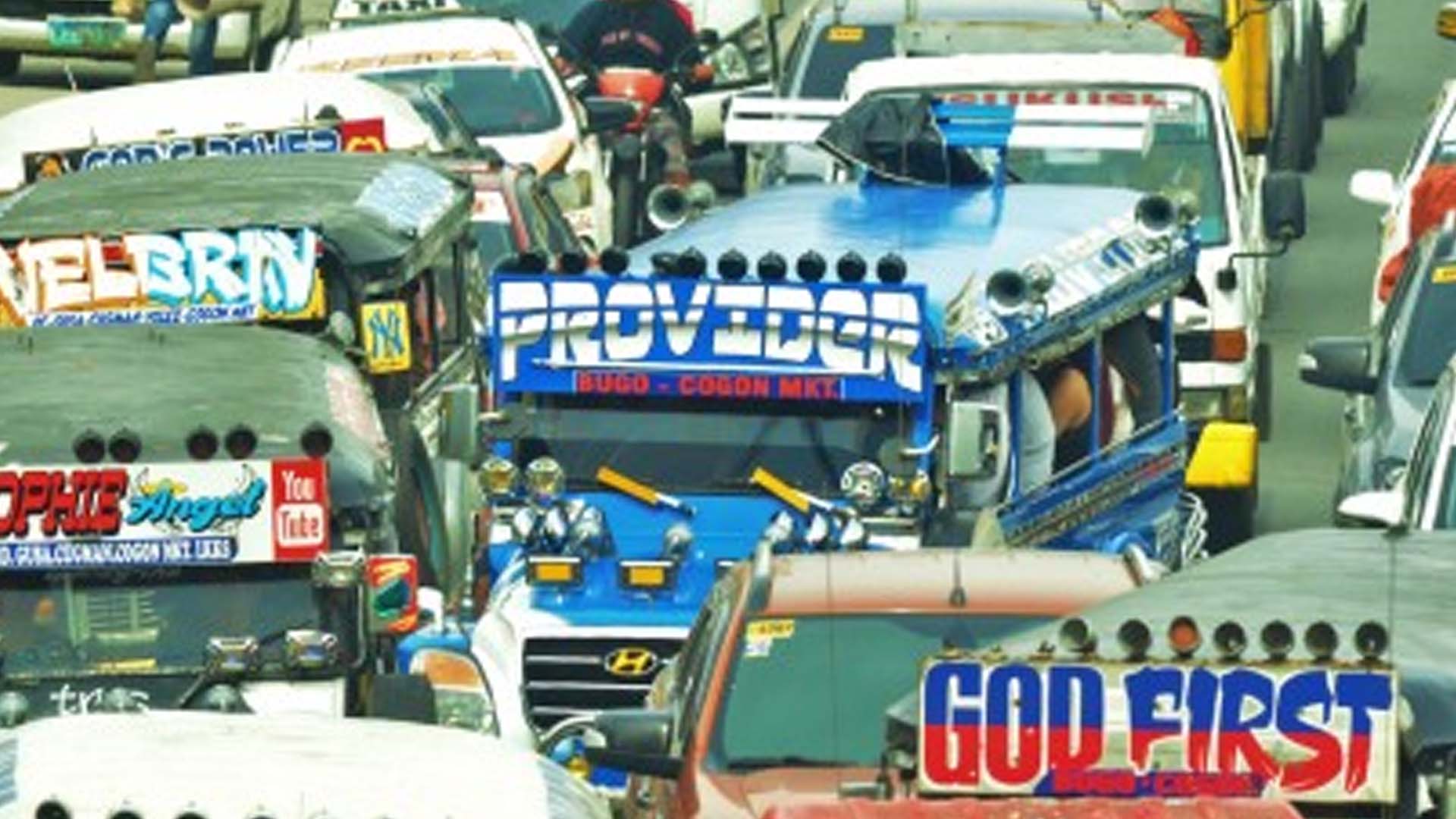Malacañang on Thursday denied that it is using the coronavirus disease (Covid-19) pandemic as an excuse to proceed with the phase-out of traditional public utility jeepneys (PUJs).
Presidential Spokesperson Harry Roque made this remark after PUJ drivers and operators called to resume PUJ operations and threatened to burn their vehicles in the streets as a last resort if transport officials continued to insist on removing them from the road.
Roque said the government is not depriving them of their rights to express their grievances, but they can do so without resorting to threats.
“Ang modernisasyon ay hindi tinaon sa panahon ng pandemya, wala nga pong nakakita sa kanilang ‘crystal ball’ na magkakaroon tayo ng ganitong pandemya ‘no (The modernization was not held to coincide with the pandemic, nobody saw in a crystal ball that there would be a pandemic like this),” he said in a virtual presser.
Roque said it has been three years since the Omnibus Franchise Guidelines for the modernization of PUJs was signed.
“Kung maalala ko pa ho, eh 2016 pa po ito…Eh iyong taon na iyon, gusto na nga ipatupad ang jeepney modernization pero binigyan na po ng apat na taong palugit (If I remember correctly, this was since 2016…During that year, the government wanted to implement jeepney modernization but it was delayed by four years),” he said.
Insisting that the national government recognizes their plight, Roque said it is giving equity subsidy for drivers and operators of up to PHP160,000 per unit if they wanted to consider shifting to modern PUJs.
“Kapakanan ng commuter ang aming iniisip, hindi ito usapin ng mayaman o mahirap (We’re thinking of the welfare of the commuters. This is not about who’s rich or poor),” he said.
Only road-worthy PUJs allowed
After the Land Transportation Franchising and Regulatory Board (LTFRB) announced that traditional PUJs and UV Express vans will resume operations next week, Roque said only “road-worthy” PUJs will be allowed to ply the streets.
Roque also reiterated that PUJs and UV Express vans will only be allowed to resume operations if the existing modes of transportation are not enough to service commuters.
“Kung kulang po talaga ang masasakyan, kinokonsidera na po ang pagbibiyahe ng mga traditional jeeps basta sila po ay roadworthy (If public transport still not enough, we are considering the return of traditional jeepneys as long as they are roadworthy),” he said.
He said allowing roadworthy jeepneys to operate does not mean that all PUJs would be allowed to resume operations.
Earlier, LTFRB chair Martin Delgra said the LTFRB is following a “hierarchy”, wherein transport modes with higher passenger capacity will be prioritized such as trains, buses, and modern public utility vehicles (PUVs) as long as minimum health standards are observed.
Domestic travel protocols
Meanwhile, Roque also discussed the domestic travel protocol released by the Joint Task Force Covid Shield.
He said according to the protocol, Authorized Person Outside of Residence (APORs) will be allowed to travel via land, air, or sea for work as long as they secure a medical certificate from government-accredited medical facilities together with their company ID and certificate of employment.
Locally stranded individuals (LSIs) or emergency travelers living in areas under general community quarantine (GCQ) and modified GCQ will also be allowed to travel via land, air, or sea, he said, provided they secure travel authority from their respective local governments, medical clearance certificate, and a valid ID.
However, persons that are not APORs, LSIs, or emergency travelers will not be permitted to travel, he added.
LSIS will also have to under polymerase chain reaction (PCR) testing before they are sent to their respective homes, he added. (PNA)








